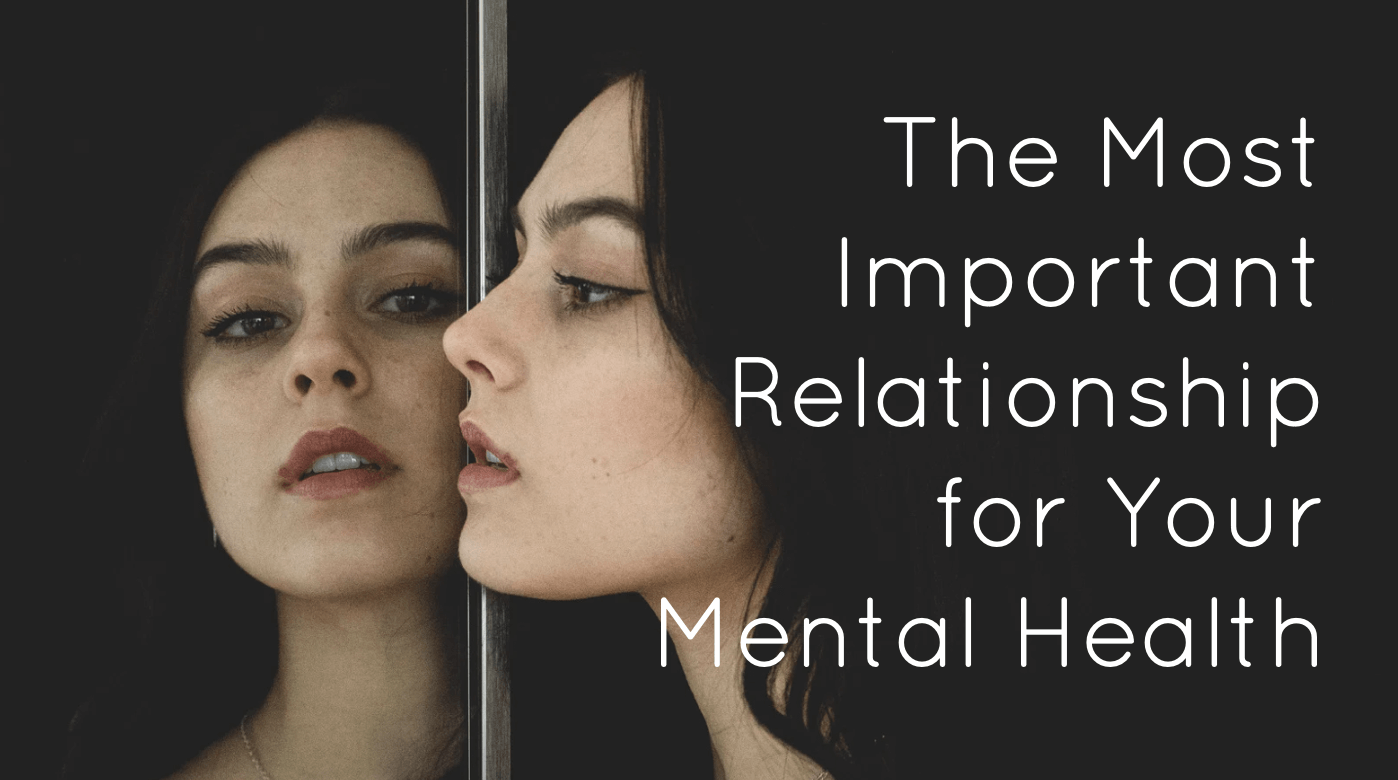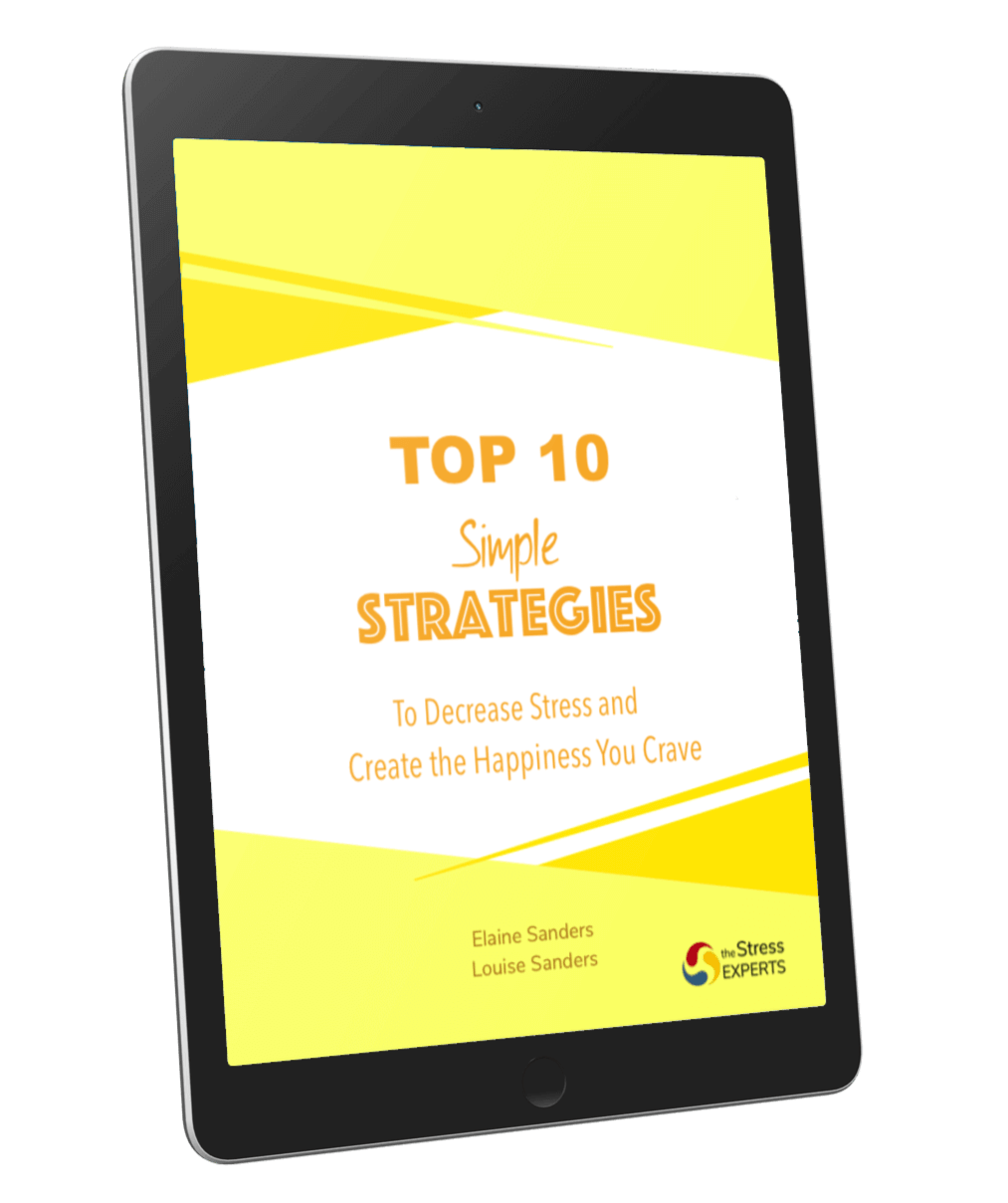
Research shows that the quality of your relationships plays an integral role in the state of your mental health.
Low quality relationships are with people who criticize, belittle, judge, and manipulate you, eroding your mental health, leaving you questioning your worth, decisions, abilities, and even your sanity.
High quality relationships, on the other hand, are with people with whom you feel safe to be vulnerable, to be yourself, knowing that no matter what, you will be accepted and loved by them. You trust them to not harm you, and more than that, you trust them to champion for your good. You feel their unconditional love for you.
And that is a beautiful thing! That unconditional love allows you to feel safe to try things, make changes, make mistakes, and learn without the ever-present threat of being judged, being not enough, undeserving, or cast-out. That unconditional love fosters your growth and resilience! You feel unstoppable and like you could conquer all things.
While not all of us have a relationship with another person of such high quality to support our mental health, I guarantee, we all have a relationship in our life that has the potential to be so. And this relationship is the MOST important.
I’m not talking about a relationship with your spouse, your kids, your parents, your co-worker, your neighbour, or your pet.
No, the most important relationship for your mental health is the one with yourself.
How do I know the quality of that relationship?
Well, to start, listen to your self-talk.
Does this sound familiar?
“I’ll love myself when I can fit into that pair of jeans again.”
“No one likes a scatter-brain like me.”
“When I have that job/house/spouse/etc., then I will be worth accepting.”
Imagine being in a relationship with a real person (not the voice in your head) who says these words to you: “I’ll love you when you fit into that pair of jeans again.” “No one likes a scatter-brain like you.” “When you have that, then you’ll be worth accepting.”
That would be a low quality relationship. If they said that to you (let’s be honest…), that person is a belittling, criticizing, rejecting asshat.
Secondly, notice what you say is acceptable and unacceptable about yourself.
I know someone who tends to fall into a predictable pattern when he tries to set boundaries. He says “no” to the other person’s strong request, then he feels guilty because he said no, so he does whatever the other person wants in order to assuage his guilt.
When talking with him about this, he said that this pattern must stop. I said, “What happens if the pattern gets worse?” He replied, “That is unacceptable.”
While I understand his deep desire to change his pattern, when he says this, what his brain actually hears is, “If this pattern gets worse, I am unacceptable.”
Talk about pressure! That’s like hearing from your parent as a school-aged kid, “If your grades get worse, you are unacceptable and we will kick you to the curb.” And you are saying this to yourself.
The threat feels real…is real…to your nervous system. That threat of being unaccepted creates stress in your body that is detrimental to your mental health and doesn’t help you reach your goal - of improving your grades, or breaking your unwanted pattern, or losing the weight, or whatever you are trying to change.
In this relationship with yourself, it is not safe to be yourself! So, out comes your self-critic - criticizing, manipulating, threatening yourself - to keep you in line so that you stay “acceptable”. It is scary to be vulnerable with yourself. Strategies like suppression and hiding parts of yourself from yourself, creating blindspots in your perception of yourself, are employed.
What if your anger gets worse?
What if your loneliness doesn’t go away?
What if your knee pain is there for life?
What if you don’t get the car/house/spouse/job/etc.?
What if you do wrong? Choose wrong? Fail?
Can you accept yourself even then? Can you accept yourself with it and without it? Can you accept yourself whether it gets worse or it gets better?
Can you accept yourself unconditionally?
Carl Rogers, one of the most celebrated psychologists, once penned a profound paradox: “The curious paradox is that when I accept myself just as I am, then I can change.”
No force. No struggle. No stress. Improved mental health.
And unlike relationships with other people, you can’t leave this one! Wherever you go, there you are. But this can be a good thing. Once you improve your relationship with yourself, you will have a supportive companion that will never leave you - for life!
So, how do you improve the quality of the most important relationship for your mental health?
Tip #1: Pay attention to your self-talk. Could you imagine those words coming from someone you love, who loves and accepts you unconditionally? If not, then don’t say them to yourself.
Tip #2: Notice that the problem (the unwanted pattern, the anger, the lonely feeling, the knee pain, the lack of X) isn’t the problem; the problem is your problem (“It’s unacceptable!!") with the problem. Challenge yourself to explore your relationship to the “problem” (the unwanted pattern, anger, etc.) by asking yourself, “Does the presence and/or severity of this problem truly determine my lovability and my acceptability?”
Tip #3: Choose to love and accept yourself, unconditionally - because that is a high quality relationship with yourself that fosters growth and resilience, and is good for your mental health.
Here’s to conquering stress.
With heart,
Louise
The Stress Experts
--
Did this blog help you?
Consider sharing it with someone who needs to hear it!
Have a question?
Let me know. I love answering questions! Contact me!
















1 Comment